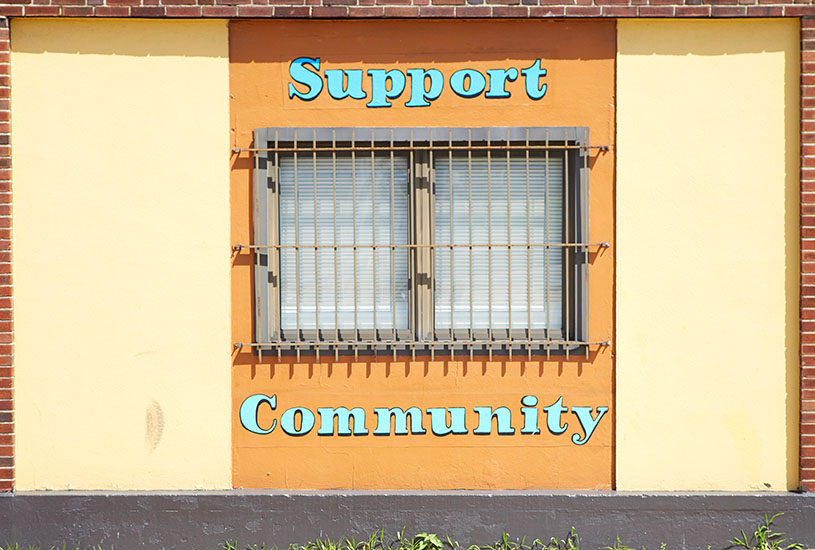Engaged support networks are the key to helping ex-prisoners return to society.
The prison system and the wider community have always had a complex relationship. In Australia, the current national two-year recidivism rate sits at 45 per cent and, despite millions of tax dollars put into the criminal justice system annually, highly politicised issues of prison overcrowding, reoffending and general safety remain.
According to Mark Johnson – a former UK prisoner, who went on to receive an Order of the British Empire – the contentious issues that have come to define the justice system foster a socially divisive mindset.
“Whatever the truth, we won’t reduce crime unless we deal with this ‘us versus them’ mentality and foster collaboration,” he said.
Mark Johnson received his MBE after overcoming his own experience of violence, drug addiction, homelessness and cycles of offending, to set up User Voice, an organisation aimed at working with ex-prisoners to advocate for important improvements to the criminal justice system.
“Society feels frustrated with those who reoffend, repeating cycles of behaviour and not engaging with rehabilitation services. Yet, people with convictions feel marginalised by society, with rehabilitation services often inaccessible and unhelpful, and a system that doesn’t value their input,” Mr Johnson said.
After meeting Mark as part of her Churchill Fellowship, Deakin School of Psychology project co-ordinator Claire Seppings was inspired to develop an Australian-first peer mentoring program, which will match soon-to-be released inmates with ex-prisoners to support their transition back into the community.
[testimonial_text]Communities will only become safer when governments work with ex-offenders to develop better programs to support newly-released prisoners to get back on their feet.[/testimonial_text]
[testimonial_picture name=”Ms Claire Seppings” details=”Deakin School of Psychology Project Coordinator”]
 [/testimonial_picture]
[/testimonial_picture]But what role and to what extent should the Government facilitate this process?
Speaking at the ‘Reintegration Puzzle’ Conference in Hobart, Deakin Associate Deputy Vice-Chancellor Research Professor Joe Graffam emphasised the importance of governmental collaboration. He argues that all levels of government should work to break the cycle of disadvantage-incarceration-disadvantage in Australia.
“With the current prison system at capacity, it’s critical we influence policy and practice at State and Federal levels so that fewer people are caught in the revolving door of prison,” Professor Graffam said.
“Social support and the provision of a comprehensive network of formal support services appear to be crucial factors in determining whether an individual will re-offend. Therefore, an effective and efficient justice system should not only respond to the needs of the wider community it serves to protect, but be truly flexible, considering the context and needs of the individuals that come into contact with it.
“Clearly, it’s a challenge for a person to avoid re-offending, and we know that’s compounded by issues of disadvantage, like mental illness, disability, low education, homelessness and addiction,” Professor Graffam noted.
“Communities will only become safer when governments prioritise programs to address entrenched disadvantage and better support ex-prisoners to get back on their feet.”
Published by Deakin Research on 10 July 2018



